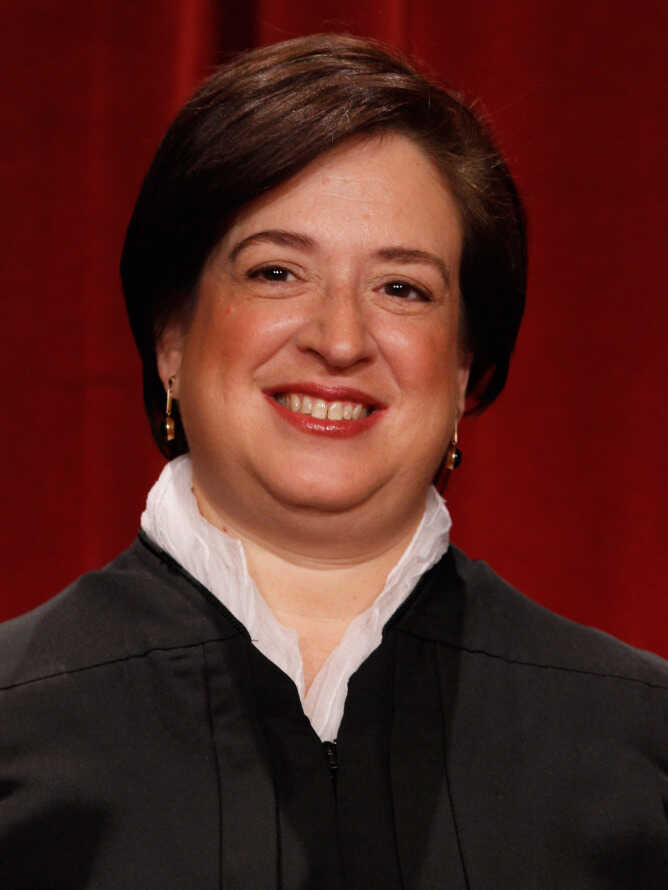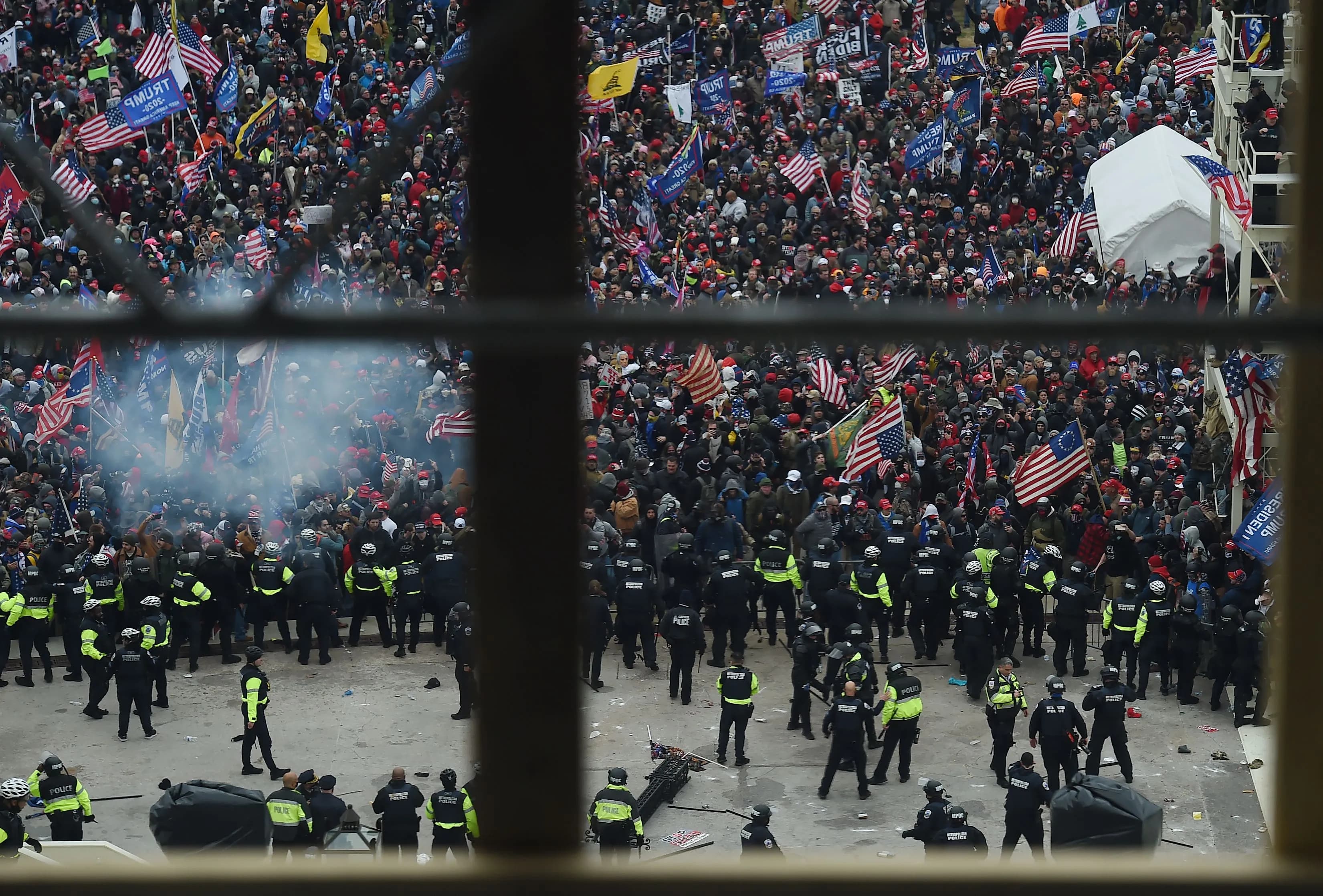Police Officers Seek Cover After January 6
A group of Seattle Police Department officers is scrambling to shield their identities after attending the infamous "Stop the Steal" rally on January 6, 2021, where former President Donald Trump incited a violent insurrection against our democracy. These officers, now identified only by pseudonyms in legal documents, argue that revealing their names represents a violation of their First Amendment rights and exposes them to harassment. However, as reported by AP News, the Washington State Supreme Court and the U.S. Supreme Court have both rejected their pleas for anonymity.
Legal Battles Over First Amendment Rights
The officers contend that making their identities public would infringe upon their right to privacy regarding their political beliefs. Justice Elena Kagan"s denial of their emergency motion to maintain anonymity underscores a critical tension in our legal system: the balance between public accountability and individual rights. This case is pivotal, as it tests the limits of First Amendment protections for government employees, particularly those wielding significant authority, such as police officers. The Washington State Supreme Court ruled that the public"s right to know about potential misconduct within its police force outweighs these officers" desire for privacy.

Washington State Courts - Supreme Court
Implications for Civil Rights and Police Accountability
This legal battle raises profound questions about civil rights and police accountability in the United States. The officers" attendance at the January 6 rally, where Trump famously told supporters to "fight like hell," is not just a personal choice; it reflects a broader political alignment that has implications for their roles as public servants. The narrative pushed by the officers—that revealing their identities infringes on their constitutional rights—might resonate with some, but it also risks normalizing the very insurrectionist sentiments that threaten our democratic institutions.
Public Trust and Transparency at Stake
Transparency in law enforcement is critical for restoring public trust, especially in a climate where many communities feel marginalized by the very institutions meant to protect them. The Seattle officers" argument hinges on a perceived need for privacy; however, the context of their actions—attending a rally that culminated in an attack on the Capitol—demands scrutiny. Allowing officers to evade accountability by cloaking themselves in anonymity could set a dangerous precedent, potentially shielding not just misconduct but also the ideological motivations behind it.

The Robe Seems To Suit New Supreme Court Justice Elena Kagan ...
Constitutional Rights vs. Public Accountability
As this case unfolds, it illuminates the ongoing struggle between individual rights and the collective need for accountability in the face of systemic abuse. The courts have made it clear that police officers, while entitled to their First Amendment rights, do not enjoy the same level of privacy when their actions intersect with public duty. The rejection of the officers" appeal serves as a reminder that civil rights struggles are often fraught with complexities and contradictions, particularly when they involve those sworn to uphold the law.


![[Video] Federal agents chase woman in Minneapolis during protest](/_next/image?url=%2Fapi%2Fimage%2Fthumbnails%2Fthumbnail-1768254086697-5gfcba-thumbnail.jpg&w=3840&q=75)




![[Video] Gunfire between Iraqi security forces and Sadr militias in Baghdad](/_next/image?url=%2Fapi%2Fimage%2Fthumbnails%2Fthumbnail-1768343508874-4redb-thumbnail.jpg&w=3840&q=75)
